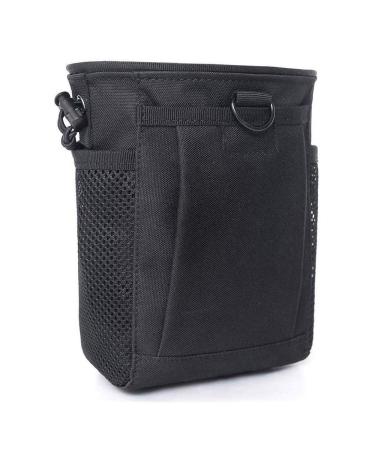Globica Ethiopia (Ethiopia) Filter Coffee 250 Gr - Paper Filter
It will be shipped ground according to the Paper Filter Brewing Method.
Region:Yirgacheffe Gr. Konga
Tasting Notes:Sugar Cane, Mild Spices, Jasmine, Peach.
Altitude:1900-2300
Body :Soft
The feeling of weight and density left in the mouth by the coffee.
Characteristics of Ethiopian Coffee
Ethiopia is a country in East Africa. Its official name is the Federal Democratic Republic of Ethiopia. The capital city is Addis Abba. This means "new flower" in the local language. Ethiopia borders Somalia, Djibouti, Eritrea, and South Sudan. Ethiopia is the second most populous country on the African continent. Some of the best coffee in the world comes from here. Ethiopian coffee accounts for 3 of the global coffee market, accounting for 60 of the country's foreign income. Ethiopian coffee plays an important role in the country. Brief information about Ethiopian coffee:
Total Coffee Production Area: 4,000 square kilometers
Altitude: 1500-2700 meters
Temperature: Average 15-21 degrees
Processing: Sun-dried or washed
Variety: Arabica
Ethiopia is the largest coffee producer in Africa. It ranks 5th in world coffee production. The country consumes half of its coffee production. Of the 6.5 million bags produced, 3.5 million bags are exported. Smallholder farmers handle most of the production.
A Brief History of Coffee
Stories say that coffee was discovered when an Ethiopian shepherd noticed his goats eating something from a tree and tried it himself. In 1974, the dictatorship forced the state to sell coffee. With the overthrow of the dictatorship in 1991, farmers switched to sustainable pricing and cooperatives. In 2008, the ECX system emerged. In this system, collected coffee beans are packaged according to their flavor profile. This system opens the market to farmers, allowing them to obtain better prices.
The Difference of Ethiopian Coffee
Primarily, it is where Arabica coffee beans were discovered. It is also known as the birthplace of coffee. Coffee is a part of Ethiopia's culture. Coffee-drinking ceremonies and coffee-enjoying sessions are held during important events and ceremonies. In fact, half of the coffee produced goes to their own needs.
Ethiopian coffee has unique growing conditions. Many coffee varieties grow in the wild. Their growing requirements are quite low. Chemicals are not used. Nature provides shade for the coffee plants. Ethiopian soil is quite fertile. Local people have structures where they collect the coffee beans and place them for grinding and drinking.
Ethiopian coffee has a fruity and floral flavor. Its flavor varies depending on the region and variety.













